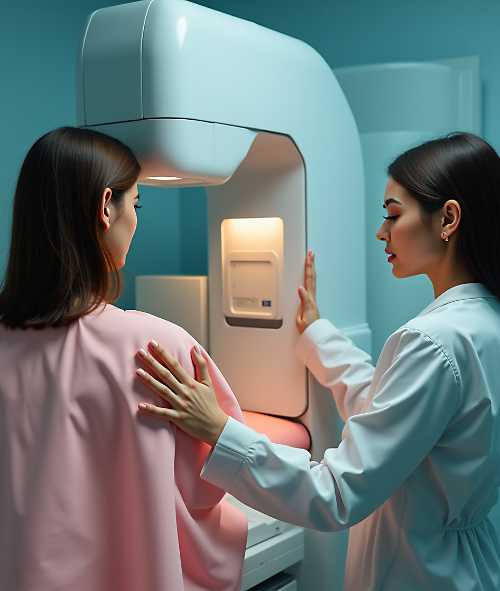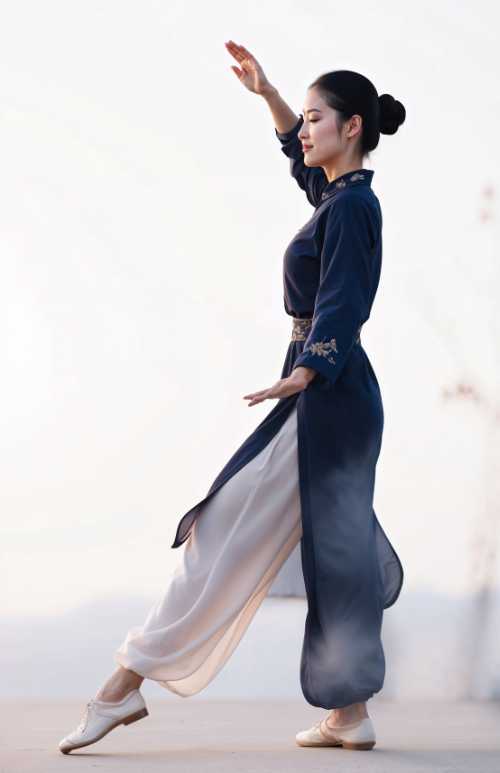Breast Cancer: Support, Recovery,
and the Role of TCM
Breast cancer is the most commonly diagnosed cancer among women in the United States. The American Cancer Society estimates that over 300,000 new cases of invasive breast cancer will be diagnosed in 2025, along with tens of thousands of non-invasive cases. While survival rates have improved due to better screening and treatment, breast cancer remains the second leading cause of cancer death in women, after lung cancer. One in eight American women will develop breast cancer during her lifetime. The condition is not only medically complex—it also carries emotional, social, and physical burdens that persist long after treatment ends.
Western medicine offers a wide range of treatment options, depending on tumor type, stage, and genetic markers. These include lumpectomy or mastectomy, radiation, chemotherapy, hormonal therapy, and targeted biological drugs. While many of these treatments are life-saving, they often bring intense side effects: fatigue, lymphedema (swelling of the arm or chest), hot flashes, brain fog, digestive upset, and changes in body image and mood. Even after successful treatment, many women face lingering exhaustion, anxiety about recurrence, and challenges adjusting to a “new normal.”
Traditional Chinese Medicine (TCM) does not attempt to directly eliminate tumors in most cases, especially when Western interventions are already in place. Instead, it addresses the terrain of the body—how systems have been weakened or disrupted, how energy and blood are flowing, and how the spirit is affected. A TCM diagnosis for a woman recovering from breast cancer might include liver Qi stagnation (from prolonged stress), spleen Qi deficiency (leading to fatigue and poor digestion), or blood stasis (associated with post-surgical swelling or pain).
One area where TCM offers meaningful support is during chemotherapy. Acupuncture has been shown to reduce nausea, neuropathy, hot flashes, and immune suppression. Herbal formulas—when carefully selected to avoid interference with medications—may improve appetite and energy. In women taking tamoxifen or aromatase inhibitors for hormone-positive breast cancers, TCM can help with side effects such as joint stiffness, night sweats, and irritability.
Emotional well-being is also central. The liver system in TCM is linked to emotional regulation, and stagnation here can lead to frustration, anxiety, or depression—common among breast cancer patients. Gentle movement practices such as Qigong or Taiji, along with calming herbal teas and acupuncture, can help restore balance. In some cases, acupoints associated with the Pericardium or Heart systems may be selected to ease emotional distress and improve sleep.
Post-surgical healing is another stage where TCM excels. For women recovering from mastectomy or reconstruction, acupuncture may reduce scar adhesion and promote lymph circulation. Techniques such as Tuina massage, dietary therapy, and external herbal compresses may also be used. In Chinese hospitals, post-surgical patients are often given mild soups and congee with herbs like dangshen (党参) or huángqí (黄芪) to replenish Qi and blood.
It’s important that all herbal use and treatment plans are coordinated with the oncology team. Not all herbs are appropriate during active treatment, especially those that may affect estrogen levels or blood clotting. However, with proper guidance, TCM can serve as a thoughtful companion to modern oncology—addressing not just the disease, but the person living through it.
Vocabulary Guide:
- Qi (气): The body’s vital energy; in TCM, a dynamic force that supports all physiological processes.
- Liver qi stagnation (肝气郁结 gān qì yù jié): A common pattern related to emotional tension and suppressed expression.
- Spleen qi deficiency (脾气虚 pí qì xū): A pattern associated with fatigue, poor digestion, and weak immune function.
- Blood stasis (瘀血 yūxuè): Impaired blood flow that may result in swelling, pain, or lingering inflammation.
- Dangshen (党参): A tonic herb used to support qi and strengthen digestion.
- Huángqí (黄芪): Astragalus root; used to boost immunity and aid recovery.
- Tuina (推拿): A therapeutic form of Chinese massage used to support circulation and relieve tension.



